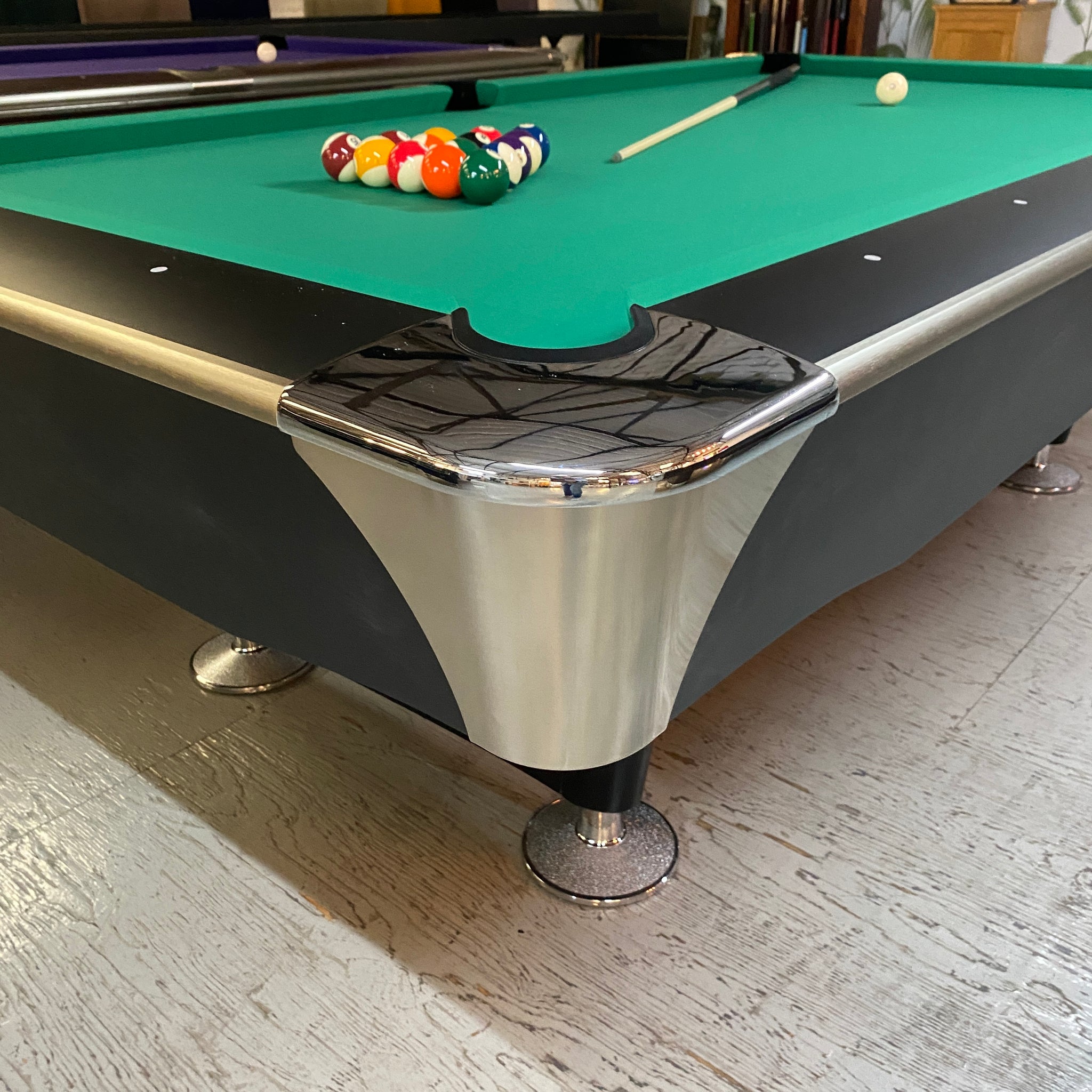
Billiards use pool balls. They can be made of many different materials, but they are most commonly made from phenolic. Phenolic is a mixture between formaldehyde, phenol. These two compounds are well known for their durability as well as scratch resistance. The mixture can withstand high temperatures. The resin will yellow and fade when exposed to sunlight.
The first pool ball was made from wood. These balls were strong, but they became crackly with age. Leo Baekeland, a 19th-century chemist, created a new plastic material that wasn't flammable. This material was soon known as bakelite.
The process of creating pool balls was a costly one. The ball development process took a long time. A person could cut a ball in half to get a better idea of what was inside. The balls had eventually to be molded under extremely high pressures.

Other inventors experimented with chemical substances to create pool balls after the first version of bakelite had been developed. These innovations were some of the most important in the history of synthetic plastics.
Although phenolic rubber is a good choice for pool ball balls, its cost is higher than its counterpart in polyester. If you don't mind spending a lot on pool ball, then the polyester alternative might be the best for you. The polyester alternative will not keep its color as long as phenolic.
Manufacturing a phenolic resin balls takes 23 days. Every step of the manufacturing process has been thoroughly checked to ensure it is free of any impurities. Also, phenolic resin balls can store in lower temperatures than polyester balls. They are more durable, last longer and are thus more long-lasting.
Aramith is the largest manufacturer of phenolic pool balls. Their phenolic balls are very durable and hold their shine for up to 40 years. They are also much less expensive than polyester balls. Those who want to upgrade to a more high-quality set of balls should consider the Aramith Premier, which includes superior resin technology.

Iszy is another pool ball manufacturer that uses both phenolic resin and polyester resin. These pool balls cost less than phenolic ones, but don't retain their shine as well. Polyester balls are more prone to burn spots and fading. Nonetheless, they are still a good option for beginners.
One more manufacturer is Predator Arcos, which uses a proprietary chemical compound to create a number of phenolic resin balls. These balls are also more dense because they have been through-hardened. You can opt for the Iszy marble swirl set, if you're looking to save money.
Many companies attempt to reproduce the ivory billiard balls experience. However, the ivory material is no longer available. Modern pool balls are made of phenolic and formaldehyde. The market currently has 85% phenolic pool balls.